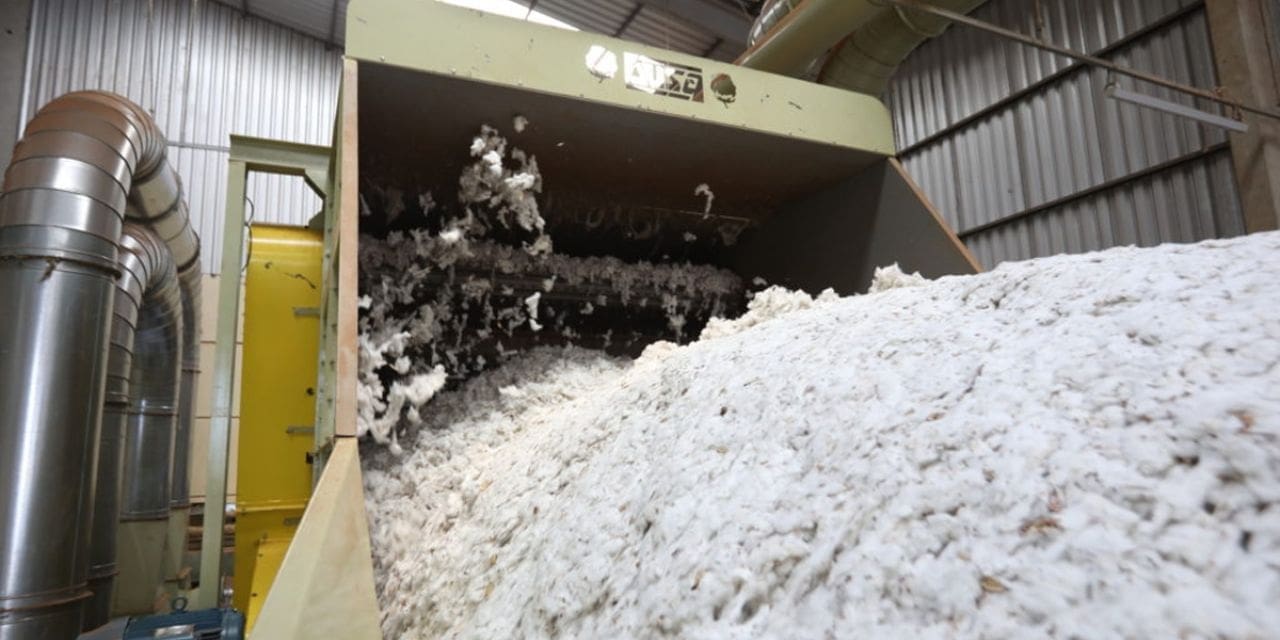Brazilian cotton receives import licence in 2023. A market for 120.000 tonnes per year is at risk.
When Brazilian cotton farmers learned that Egypt was opening its market, they were pleased. Egypt has now established the phyto-sanitary conditions for importing Brazilian cotton after 17 years of discussions. Recognized for its need for premium fibre,
Mr. Alexandre Schenkel, president of the Brazilian Cotton Growers Association (Abrapa), emphasised that Brazilian cotton meets the market’s standards for quality. “Today, the quality of our cotton is on par with that of nations like Australia and the United States. Brazilian cotton production is ethical and open, and it is prepared to satisfy Egypt’s needs, he said The Egyptian government’s sanitary demands are typical for the Brazilian market.
According to Mr. Cesar Simas Teles, Agricultural Attaché from the Ministry of Agriculture at the Brazilian Embassy in Cairo, “Certification is required showing that the cotton ball weevil is under control and that all waste and residues are properly treated during the agricultural production process.”
Given the paucity of prior data, estimating the volume of cotton trade between Brazil and Egypt will be challenging. There is no statistical support for some market agents’ claims that Brazilian cotton can absorb 20% to 25% of the annual volume of cotton imported by Egypt (120,000 tonnes), Mr. Teles continued.
Cotton Brazil is managed out of a representative office in Singapore along with the Brazilian Trade and Investment Promotion Agency (Apex-Brasil) and in collaboration with the National Association of Cotton Exporters (Anea). Egypt is already on Marcelo Duarte’s radar as the director of International Relations at Abrapa and the man in charge of the initiative.
a fresh market Brazilian cotton can now be sold in Egypt thanks to work by the Brazilian Ministry of Agriculture that began in 2006. It was a protracted negotiation process that included both the Ministry of Foreign Affairs and the Brazilian Ministry of Agriculture (MRE). (Mapa).

